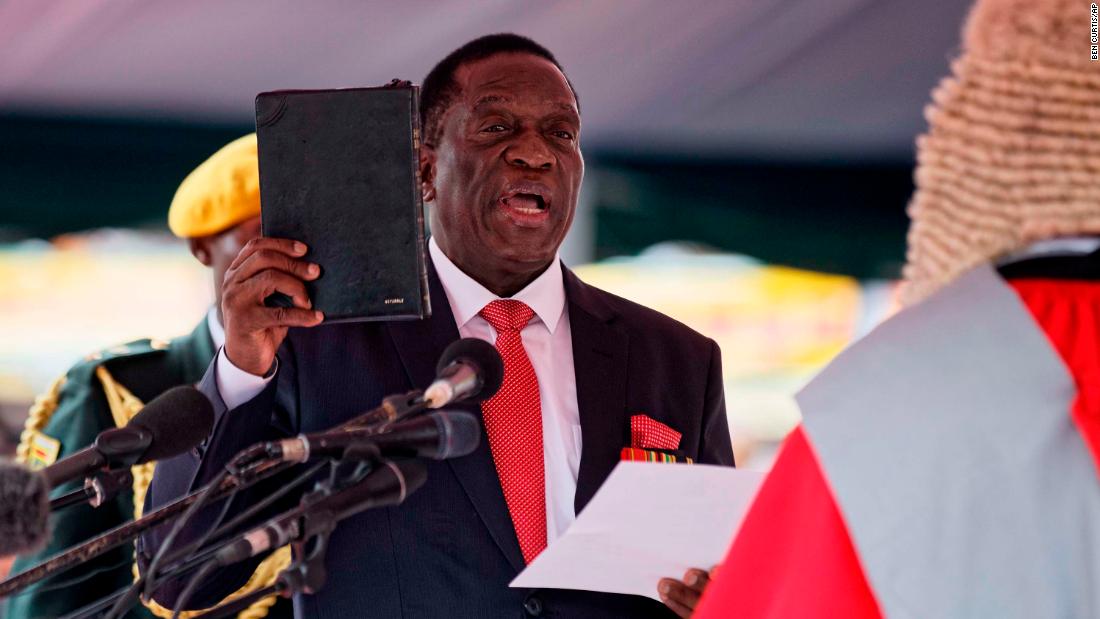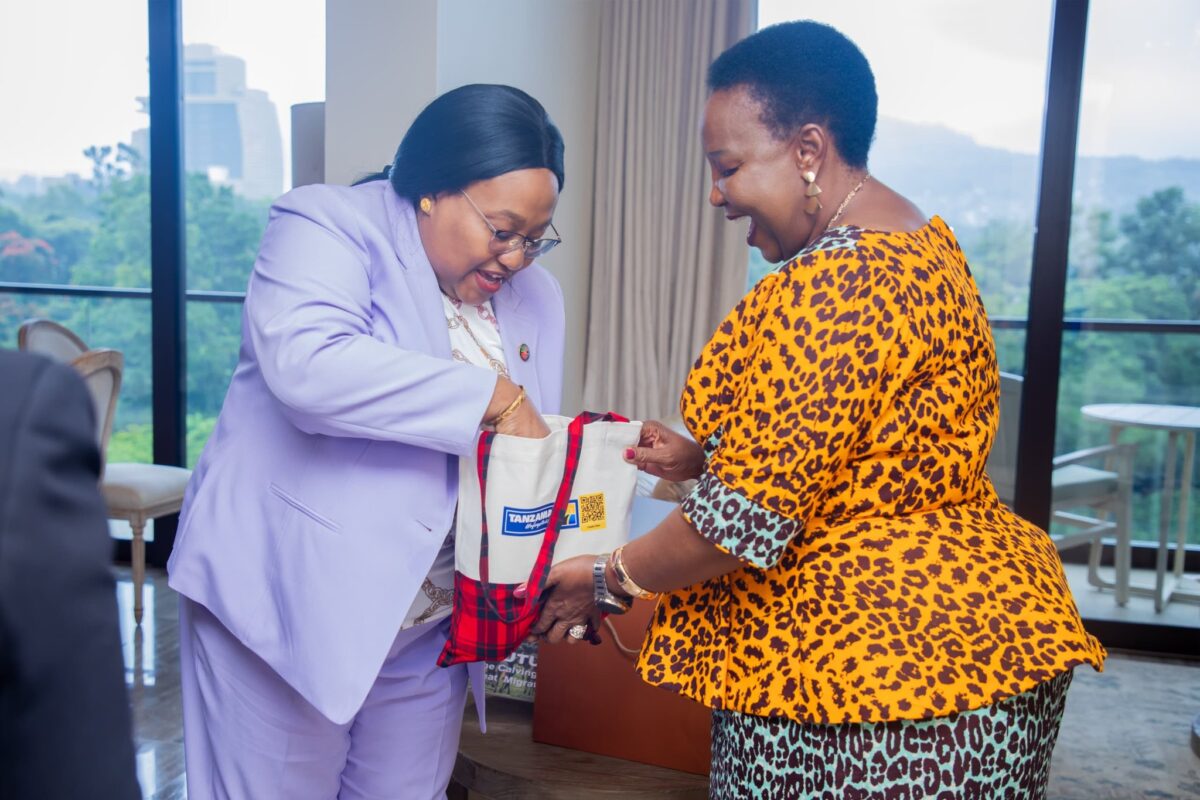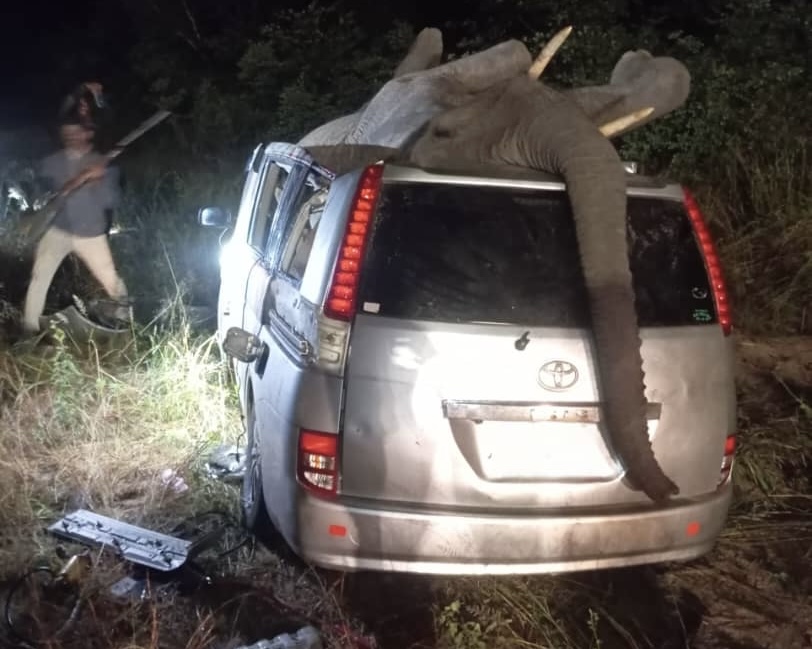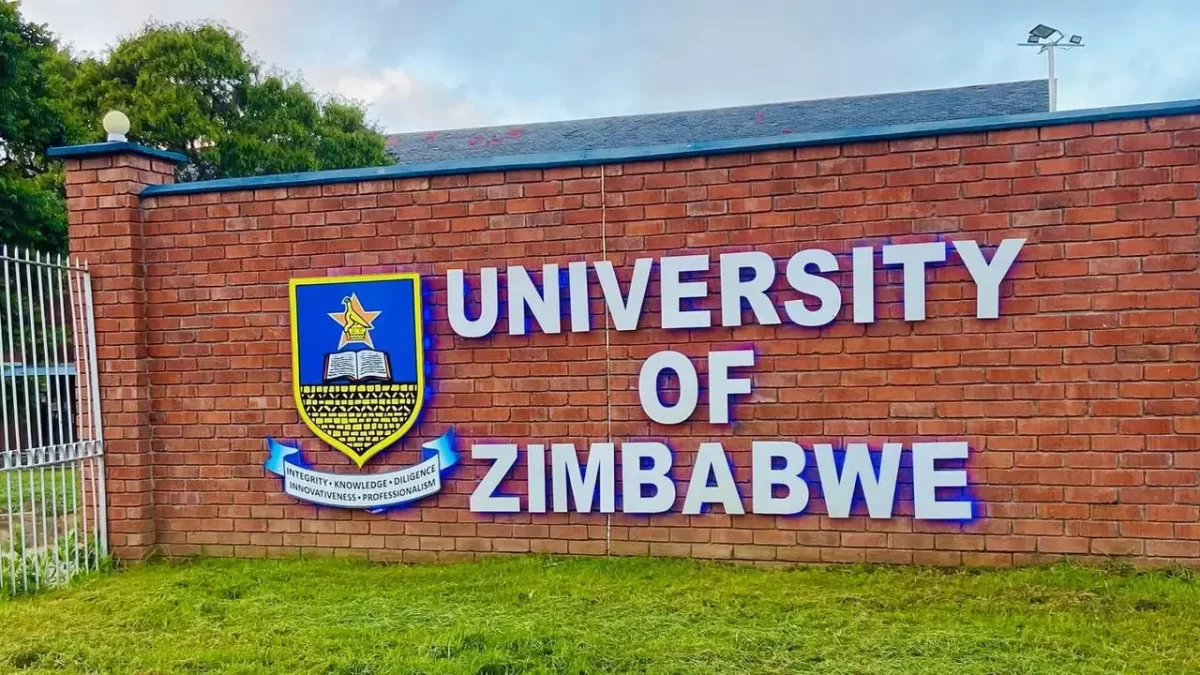HARARE – Movement for Democratic Change (MDC) leader Nelson Chamisa warned that President Emmerson Mnangagwa “opened an avenue to arbitrary rule” when he extended the coronavirus lockdown for an indefinite period.
The lockdown, in place since March 30, was initially imposed for a 21-day period to curb the spread of the virus, before it was extended by a further 14 days.
In an address to the nation last Saturday, Mnangagwa said the measures would remain in place “for an indefinite period”, though the restrictions will be reviewed every two weeks.
Chamisa and human rights lawyers have voiced concerns that Mnangagwa may be seeking to prolong a ban on public gatherings, including demonstrations against his government, by imposing open-ended emergency rule.
Zimbabwe had 46 coronavirus cases including four deaths and 19 recoveries as of Monday, according to the ministry of health.
“Whereas measures to contain the Covid-19 pandemic are a necessity, we disagree with entrenching arbitrary rule under the guise of fighting the pandemic. We backed previous measures because they were time-specific. Indefinite extension changes the situation in a fundamental way,” Chamisa wrote on Twitter.
“Without consultation with us all, the indefinite extension of the lockdown opens a treacherous avenue to arbitrary rule. It indefinitely suspends the exercise of civil and political rights which are necessary checks and balances on the excesses of governmental power.”
Chamisa said authoritarian regimes around the world were using the coronavirus outbreak “as a stratagem to violate rights, and abuse people especially workers, informal traders and churches.”
He added: “Abuse and manipulation must be fought by all progressive citizens. The greater the oppression, the greater must be our determination.”
Siphosami Malunga, a Zimbabwean lawyer currently the director for southern Africa at the Open Society Initiative for Southern Africa said Mnangagwa had not made a case for extending the lockdown indefinitely, and warned that his actions may be unconstitutional.
Malunga said: “What is the scientific basis for an indefinite extension? It’s been time-bound all along. What has changed?
“This is clearly an arbitrary and unaccountable exercise of administrative authority which is actually unconstitutional. Even the Rhodesian State of Emergency had a clear duration.”
Public anger has been rising against Mnangagwa as Zimbabweans experience the worst economic crisis in over a decade.
The 77-year-old has also come under attack for his government’s failure to offer social protection to millions of families affected by the lockdown, particularly unsalaried workers who survive from informal trading which remains banned.
Last week, an MDC MP and two female colleagues were abducted, tortured and sexually assaulted after taking part in an anti-government demonstration in Warren Park, Harare, raising fears of a new wave of terror by security thugs loyal to the ruling party.
The ordeal inflicted on Joanah Mamombe, 27, and two female youth leaders is being cited by critics of Mnangagwa as further evidence that his administration is more brazen and savage than Robert Mugabe’s.
Police said the women had broken coronavirus emergency regulations prohibiting unnecessary movement and public gatherings by taking part in the demonstration.
Mamombe, the MP for Harare West, Cecilia Chimbiri and Netsai Marova were dumped from a moving car at dawn on Friday, two days after being arrested for demonstrating against food shortages.
The MP’s husband, Mfundo Mlilo, said the trauma had left her often unable to speak or recognise familiar faces.
“She sometimes just stares into the distance, at other times she cries hysterically,” Mlilo said from the hospital where the women are recovering.
“They started screaming when police officers came into the room. It is the uniform they associate with being terrorised and tortured,” he said.
The women said that they were initially taken to Harare central police station from where they were driven for an hour, with bags on their heads, to a forest where they were thrown into a pit.
Over the next two nights, four or five men in plain clothes beat and sexually brutalised them and forced them to consume each other’s excrement. They were ordered to watch and sing MDC songs as their friends were terrorised one by one, said Mlilo, who is also a political activist.
It was a strategy of the security forces to single out women for punishment, Mlilo said. The attack echoes one last year against Samantha Kureya, a comedian known for anti-government skits, who was forced to drink sewage.
“They think that the women are soft targets and it is the easiest way to terrorise a whole society,” he added.
The government said it was investigating the women’s claims.
Mamombe, Zimbabwe’s youngest MP, has been repeatedly harassed by government security forces. Last year, she was charged with treason for encouraging peaceful protests against food shortages. She suffered a miscarriage.
Zimbabwe’s new economic crisis has caused scarcity of fuel, water, power and staple foods. Inflation is at more than 650 percent. Mnangagwa’s government appealed for a bailout from the IMF, with a rare admission that “recent policy missteps” had contributed to the misery of its population of 15 million.
(Additional reporting Times of London)
















